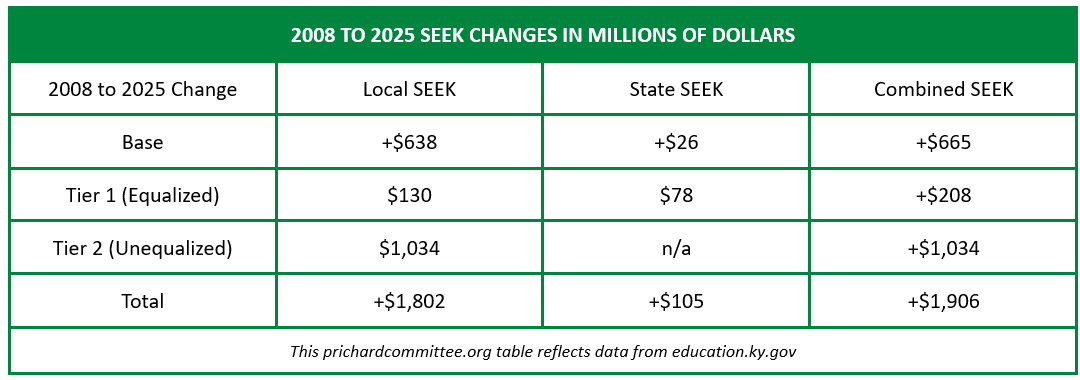Saturday, September 24th was an agenda filled day for Hispanic families in Northern Kentucky as they attended the 2nd Annual Hispanic Families Leadership Conference hosted by Learning Grove. Learning Grove Hispanic Family Engagement Coordinator, Theresa Cruz, led the day long event with support from parent leaders, community members and sponsors. Theresa shared the event’s purpose is to “connect the Hispanic community to necessary resources and provide an opportunity for Hispanic families to be seen and heard.”
Prichard Committee Board Member, Leo Calderon served as the Keynote Presenter for the day’s activities. Leo Calderon previously served as the Director of Latino Student Initiatives at Northern Kentucky University, and is a founder of the Esperanza Center in Covington, KY. Leo urged families to unify to address barriers for the Latino community, engage in their student’s education and seek out necessary resources to “be the change”.
Several themes emerged throughout the day. The first, is the need to increase bilingual staff in our schools and communities. Many schools are working to address barriers to language access through English classes and translation of materials, but schools still lack the needed staff that are bilingual. Another theme points to the lack of representation on decision-making bodies and access to opportunities for families who don’t speak English as their first language. Additionally, I witnessed families learning about resources available to them in their communities, for the first time.
The Commonwealth Institute for Parent Leadership (CIPL) Fellowship Program, expanded in 2020 to include families who speak Spanish. During 2020, a pilot program was launched with the partnership between the National Center for Families Learning-Family Literacy Program, Learning Grove, Boone County Schools and The Prichard Committee. This partnership increased families’ knowledge of the education system including learning-at-home strategies and engaging in service-learning projects. Through this spectrum of involvement, families were offered the opportunity to develop their leadership skills through CIPL as a pipeline to increase confidence for Hispanic families to serve as leaders in their communities and schools. Several parent leaders from the 2020 class were responsible for the coordination and event planning of the conference. This community effort is critical to address inequitable access to quality education and break down barriers to higher education for Hispanic families and their students.
A detailed summary of this initiative can be found in this blog post from Jacqueline Ceboci, 2022 CIPL Fellow, Boone County Parent and FIESTA member.
“Sowing Hope and Cultivating Leaders”
The important thing about this day is to be able to have a space for Latino-Hispanic expression. A space where it is possible to feel all together, where it is possible to think all together.Today I want to share with you, with all of you, who we are:F.I.E.S.T.A; is a Hispanic community from Northern Kentucky USA. that seeks to give presence, support and voice to our Latino/Hispanic families.Each letter of the word represents the recognition and actions in favor of our Latin American families.
- F. Family I. Inclusion E. Education S. Society T. Traditions A. Access
Mission:It is to give presence and voice to our Latino\Hispanic Families, promote an Inclusive society, in favor of Education, culture and Tradition of our Society, providing easy Access to existing resources and opportunities, which lead to individual and community transformation.Vision: It is to become an organization that actively advocates for the needs of our community and fair treatment, through the inclusion of the different ranches, associations and social resources.Objectives:
- Provide English language classes for parents.
- Open direct communication channels with schools, government institutions, health centers, churches, libraries, among others.
- Connect and inform with the different associations with a Hispanic presence dedicated to benefiting our community with opportunities and resources.
- Training and support in the education and well-being of our children, through knowledge of the existing programs. CIPL for its acronym in English Commonwealth Institute for Parent Leadership, is a program for parents to learn more. We need you. We need more parents who actively advocate and represent our children in and out of their schools.
Also:
- Connect with people from the Hispanic community.
- Actively promote inclusion between cultures.
- Form a great family where we can support each other with respect and freedom.
The members that make up F.I.E.S.T.A are parents, people from different community organizations, schools, state government, agencies, private corporations, religious institutions and higher education.













